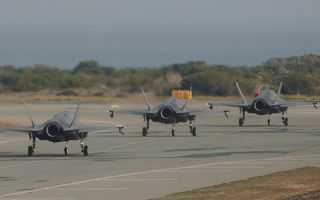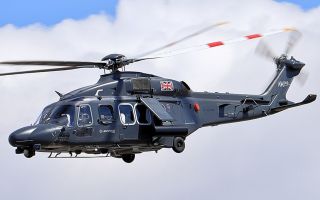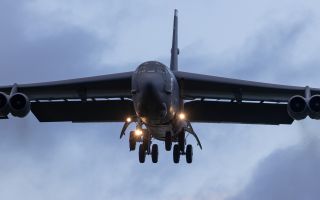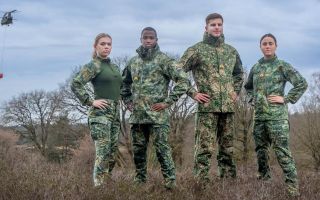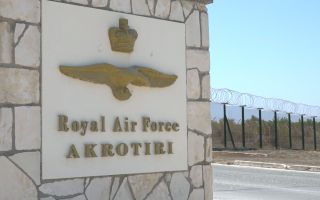Don't call it Beating the Retreat! The end-of-day ritual that's now a military pageant
Beating Retreat - there's no "the" in the middle - is a ceremony that originated from the time that the beating of drums heralded the end of the day, calling units back to their castle or encampment.
But over the centuries, Beating Retreat has evolved from its practical military function into a ceremonial event.
What was once used to mark the closing of the camp gates and the lowering of the flags is now an annual event held on Horse Guards Parade in London.
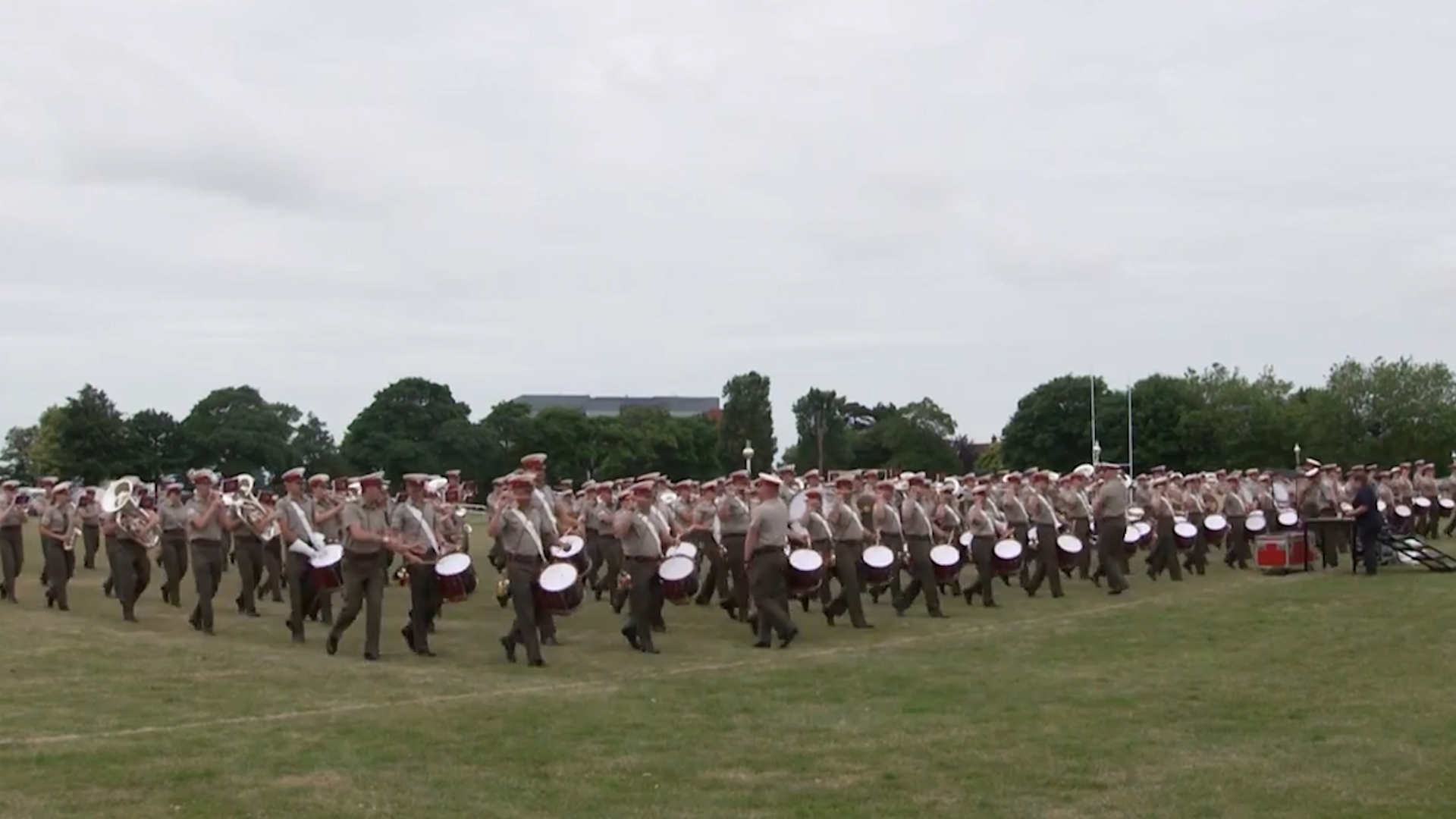
Today, it is a grand spectacle of military music and precision drill, probably the best-known example being performed annually by the Mounted Bands of the Household Cavalry and the Massed Bands of the Household Division.
Meanwhile, the Massed Bands of His Majesty's Royal Marines perform their beating retreat ceremony every two years.
"The real impact is the scale of it. It's the fact that it's a Mass Bands, 200 musicians on parade, the core drums, the fanfare team. We've got a guard of honour as well," said WO2 Chris Mace, Corps Drum Major, Royal Marines.
"So it's the whole scale of it in central London on Horse Guards Parade. It's very different from those sort of humble origins."
The event spans two successive summer evenings and attracts a wide audience, including members of the Royal Family, government officials and the general public.
A significant milestone for Beating Retreat came with an order from the army of James II, where drums beat an order for troops to retreat.
This was further formalised by an order from William III in 1694.
This specified: "The Drum Major and Drummers of the Regiment which gives a Captain of the Main Guard are to beat the Retreat through the large street, or as may be ordered.
"They are to be answered by all the Drummers of the guards and by four Drummers of each Regiment in their respective Quarters."
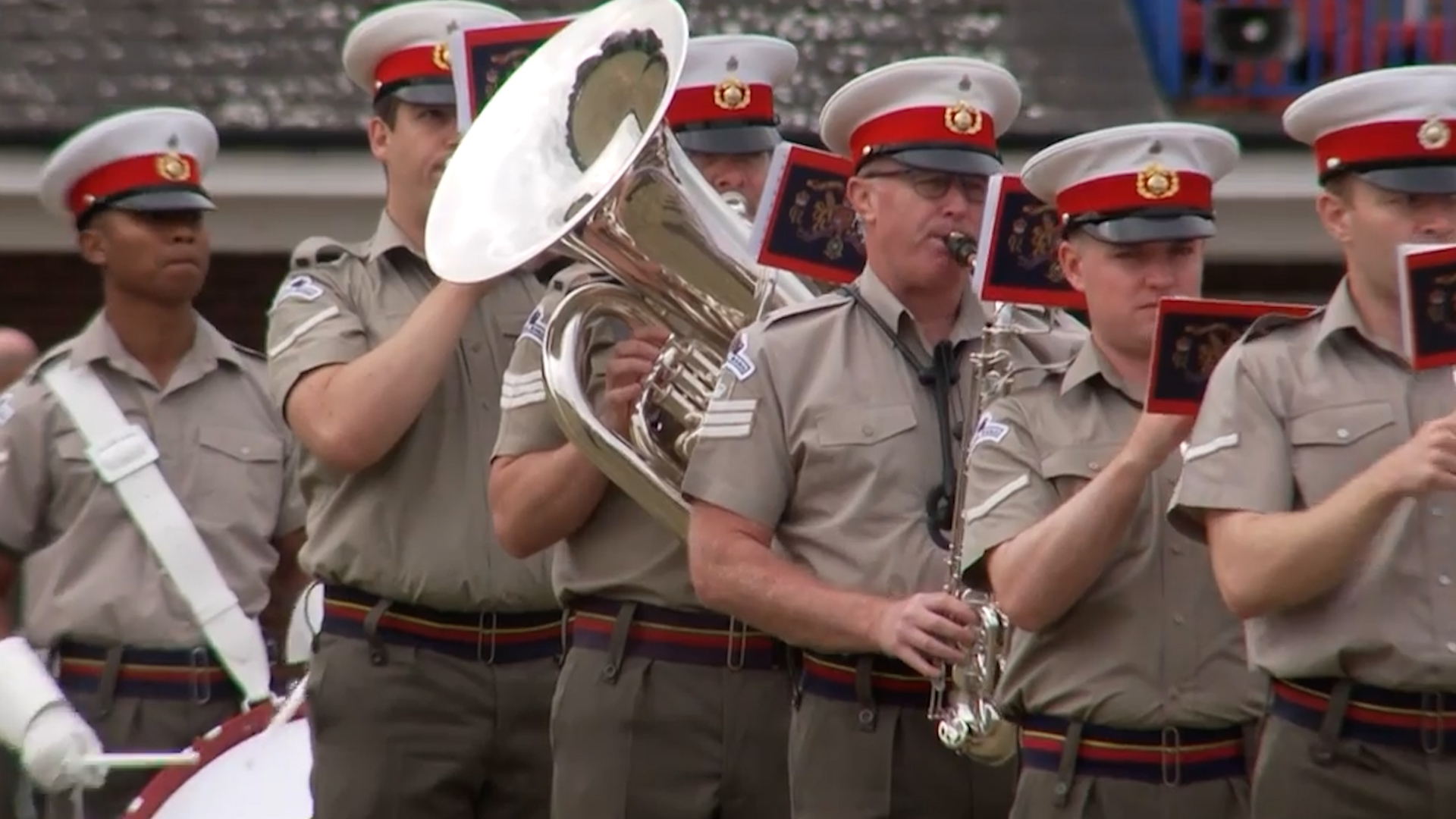
The Army's version of the London ceremony involves around 300 musicians.
The theme last year was the King's coronation and Charles's sister-in-law, the Duchess of Edinburgh, took the salute.
Meanwhile, a guardsman wowed the crowd by playing the electric guitar as he joined in with a rendition of Queen's 1979 Don't Stop Me Now from the roof of the central London building, backdropped with pyrotechnics.
This year, the Royal Marines is celebrating its 360th birthday, with original pieces composed specifically for the event.
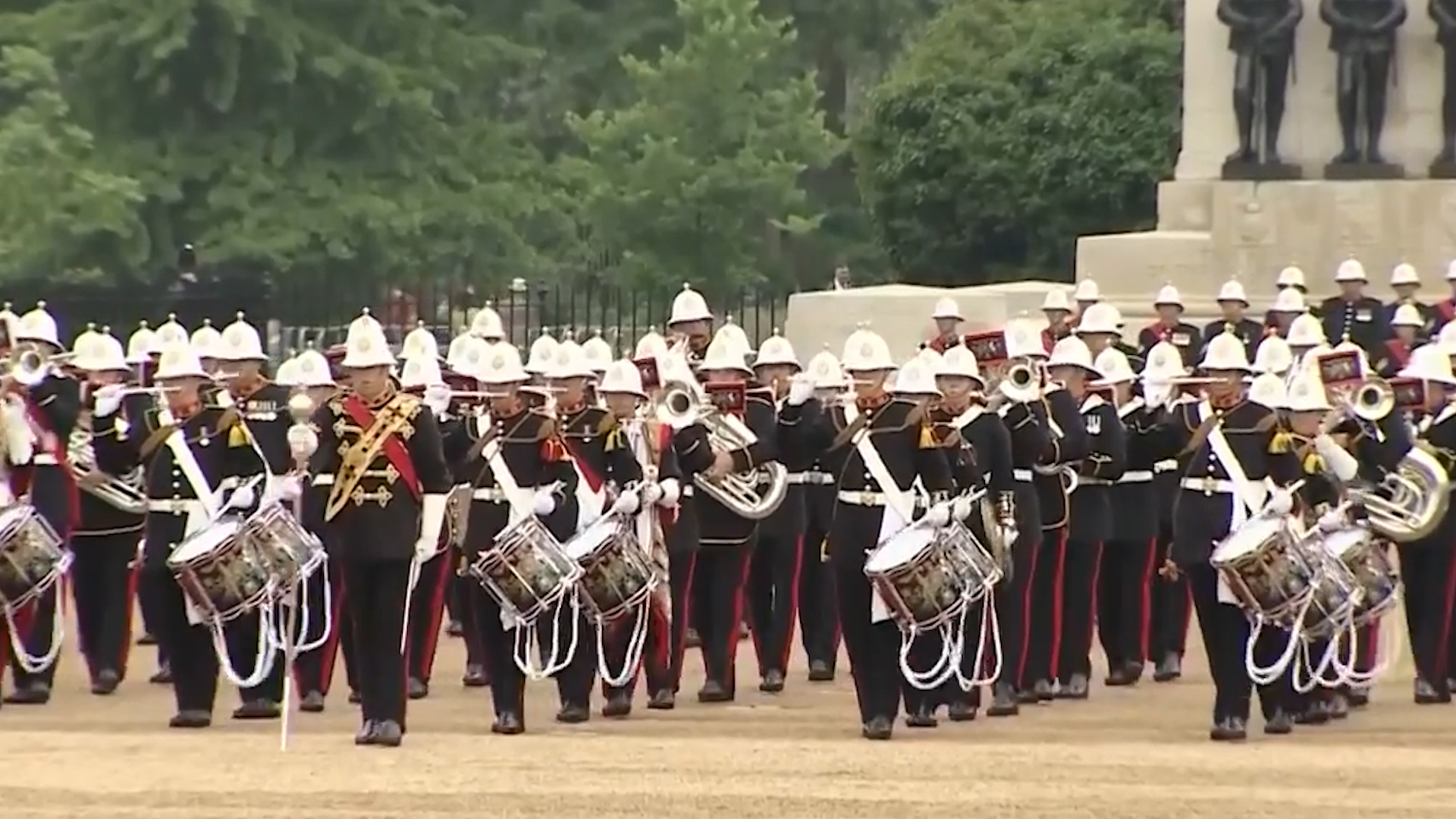
"It's fantastic. It's not like anything else we really do. We do a lot of parade work on a day-to-day basis throughout the Corps, but this is the only time the bands really get together," said Band Sergeant Simon Badge.
The Massed Bands are a musical ensemble composed of various bands from different divisions of the Royal Marines.
Band Sgt Badge, who plays the tuba, added: "It's a really epic event for ceremonial excellence and delivery."
Lance Corporal Harriet Manning, who plays the bass drum, agreed that it is special to see the whole Massed Bands perform together and be part of it.
"It just sends chills down your spine. It's really nice," she said.
The spectacular show is a charity event with all the proceeds from the ticket sales going to the Royal Navy and Royal Marines Charity as well as RMA - The Royal Marines Charity.

